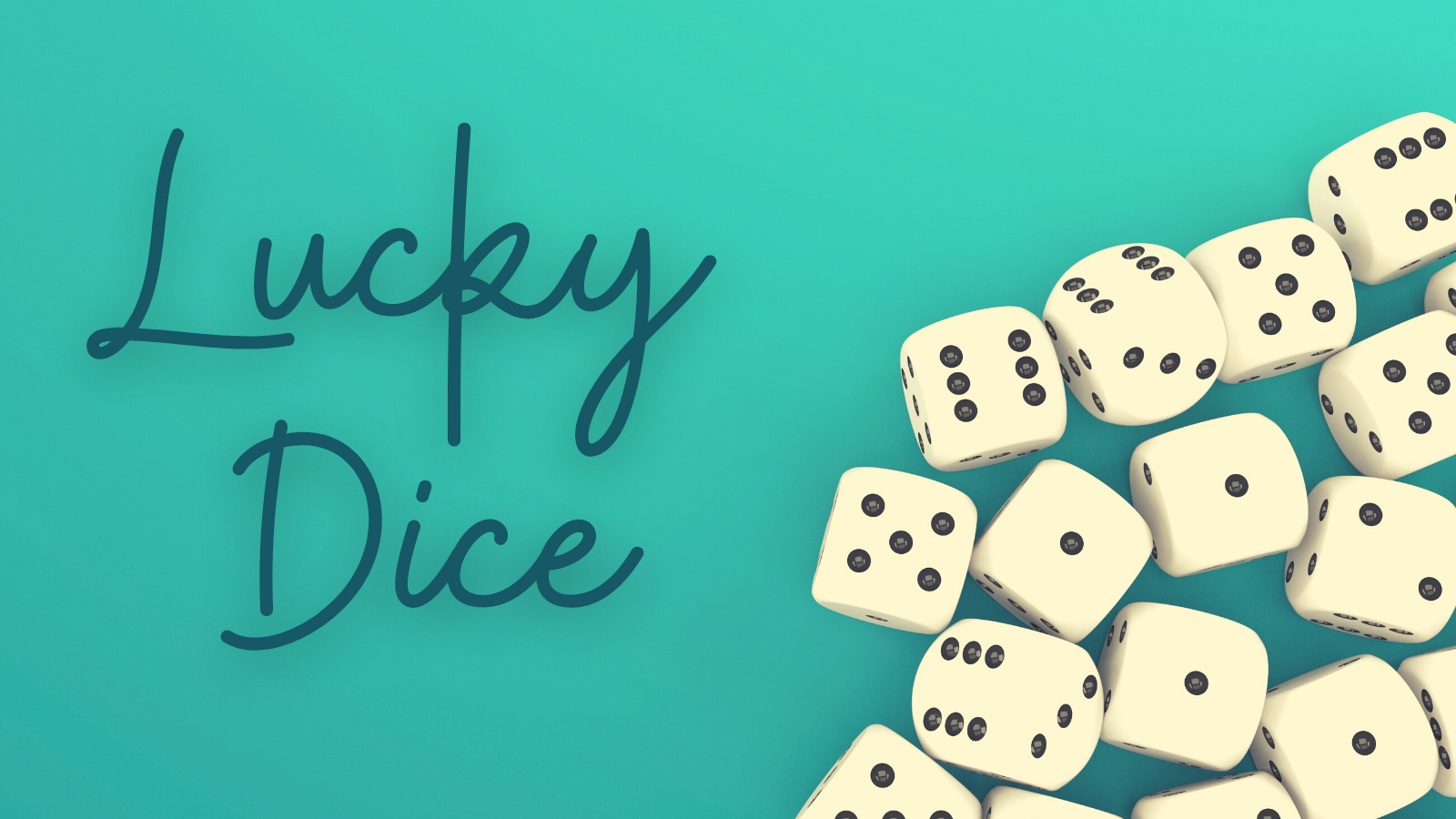
“Watch.”
The tavern was old; it had been old for longer than the country around it had existed. It was made of stone and wood so old and so saturated with smoke that it might as well be stone; it had never stopped being heated with wood, although the design of the hearth had changed from time to time.
Behind the bar, the old bartender and the new bartender watched – as per the old one’s command – as in the corner the best lit by lanterns (these were battery-powered and left out in the sun all day to charge, rather than fueled by whale oil, but the look was otherwise the same as it had been since the inn & tavern were first built) – three people older than the bartender, possibly (although it was unlikely) as old as the tavern itself, began another round of dice.
The woman they could see the most clearly – she had an iron-and-salt braid down past her waist and three scars marking her face, scars even the young bartender had already heard three or four stories regarding the origin of – pulled out a set of bright green dice and breathed on them.
“Emerald,” the young bartender hissed. “Are those them?”
“No, of course not. Emerald isn’t lucky, it’s just expensive.”
The denizens of this tavern, at least the regulars – not just the three grey-haired ones in the corner but all of them, scattered around the ancient tables – liked to gamble. They’d play cards for money; they’d play darts for money; they’d go outside and toss horseshoes or shoot arrows or run foot-races for money. The elder of the bartenders liked to joke that nobody ever actually won; they just passed the same money around in circles.
Of course, sometimes someone from out-of-town would stop by for a drink, maybe stay the night in the inn, maybe eat from the kitchen’s fare, maybe find that gambling with the ancient group of farmers and sell-swords and day-laborers wasn’t as sure a bet as it looked at first. And sometimes someone would have a very good night – one of the regulars, even – and leave for a little while, or a long while, or forever. But more or less, everyone had their turn winning and their turn losing.
And the iron-haired lady was tossing emerald dice and winning.
“You said she has lucky dice. She says she has lucky dice. Everyone says it. That’s why she only loses when it’s not important.”
“Mmm. This is true. Watch.”
They poured drinks. They watched. They wiped down the tables. They watched. They served the thick stew that was the kitchen’s best dish. They watched.
And then someone – a semi-regular, someone from Town who didn’t come by often – they decided they were going to hassle the younger bartender.
The bartender, who was tending bar and serving tables because an old injury made farm work and day labor not viable, was a scrawny sort, short, and walked with a rolling, lop-sided gait. This old biker thought it was funny, or maybe was just really drunk, but either way, he shoved into the bartender, who only barely avoided spilling stew all over the table full of grey-haired gamblers.
The woman with the iron braid was up in a second, swinging a short stick. The biker went down with one thump of the stick; only then did the bartender get a good look at it.
It was a truncheon of steel-cased wood, carved all over with swirls and painted with gold flecks.
But what the bartender noticed was that from the base, several dice dangled, each of them made of bone with brown pips.
“Her lucky dice?” The junior bartender waited to ask until the safety of the bar was between them and the tavern.
“The ones that come out when it matters,” the senior bartender agreed.
![]()



Given that this seems to be social gambling rather than Serious Business (not that they can’t also take it seriously, but it’s not hostile or outcome-critical), using real lucky dice would feel like cheating. Defending the bar and staff is a much more appropriate application. Is bone lucky, or …? But that’s digging into the worldbuilding of a very short story. (I’m not even sure whether to file it under fantasy or SF.)
Also this is nicely self-contained and I encourage counting it among your stories to shop around, if/when you’re looking at magazine/anthology submissions.
(And here I was thinking “Re-interpreting a prophesy” had gone into the Eralon Explains segment that also posted today.)
Ha! 🙂